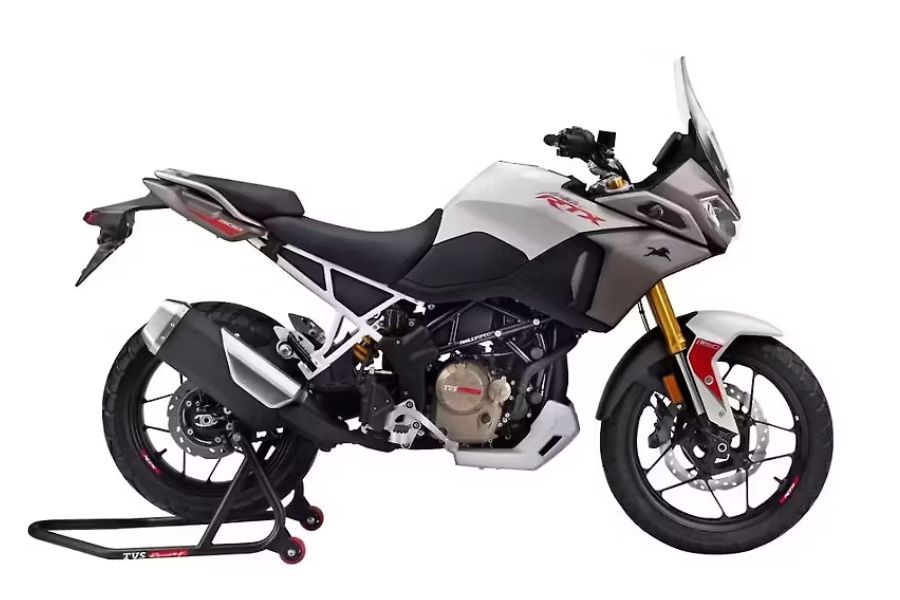As the world seeks sustainable transportation alternatives, EVs have emerged as a promising solution to reduce greenhouse gas emissions and dependence on fossil fuels. At the heart of these vehicles lies the electric motor, which serves as the primary source of propulsion and plays a crucial role in enhancing efficiency and performance.
While there is constant new innovation in the EV domain, it is integral for B2B players and customers to understand the importance of electric motors in EVs and how they contribute to the overall advancement of electric mobility.
Power and Torque
Electric motors serve as the primary propulsion source in EVs, converting electrical energy from the battery into mechanical power. These motors generate high torque at low speeds, delivering instant acceleration and responsiveness. Unlike internal combustion engines, electric motors provide smooth and seamless power delivery, resulting in an enhanced driving experience.
Efficiency
These sustainable motors are renowned for their exceptional efficiency in converting electrical energy into mechanical power. Operating at over 90% efficiency, they surpass the efficiency levels of internal combustion engines, which typically operate at around 30-40%. This high efficiency minimises energy losses, maximises the range of EVs, and reduces the energy required from the battery.
Regenerative Braking
Electric motors in EVs can also function as generators during braking or deceleration. Through regenerative braking, these motors recover and convert kinetic energy back into electrical energy, which is then stored in the battery. This innovative system not only improves overall efficiency but also extends the driving range of EVs by reusing energy that would otherwise be wasted in traditional braking systems.
Packaging and Design Flexibility
Going beyond their functionality, E-motors feature a compact and simplified mechanical structure compared to internal combustion engines. This compact design offers greater flexibility in vehicle design, optimising space utilisation and weight distribution. The smaller size of electric motors also provides more room for passengers, cargo, or other components, contributing to improved vehicle efficiency and functionality.
Enhanced Control and Performance Features
A more conscious development for Electric Motors allows for precise control over torque and rotational speed, enabling advanced performance features and vehicle dynamics control. Features such as traction control, stability control, and torque vectoring enhance handling, stability, and overall safety. Electric motors empower EVs with superior control and performance capabilities.
Reduced Maintenance
Compared to internal combustion engines, Electric motors have fewer moving parts, resulting in reduced maintenance requirements and costs. EV owners enjoy the benefits of fewer components that need servicing, such as oil changes, spark plugs, and complex transmission systems. This simplified maintenance contributes to lower long-term operating expenses.
Scalability and Upgradeability
One of the most flexible aspects of Electric motors is that it offers scalability, allowing manufacturers to optimise power and performance characteristics for different types and sizes of vehicles. They can be tailored to meet specific requirements, such as high- performance city transportation. Additionally, as motor technology advances, EVs can benefit from motor upgrades that further improve performance without compromising other attributes of the drivetrain.
With their versatility, Electric Motors not only play a vital role in offering an efficient and sustainable alternative to traditional motor options but also attributes collectively contribute to improved overall performance and driving experience in electric vehicles. As the EV industry continues to evolve, electric motors will continue to push the boundaries of efficiency and performance, driving us closer to a sustainable and low-carbon future.
Read More:




